10 Thai Horror Films Featuring Beautiful Ghosts
From haunting folklore to modern urban horror, here are 10 Thai horror ...
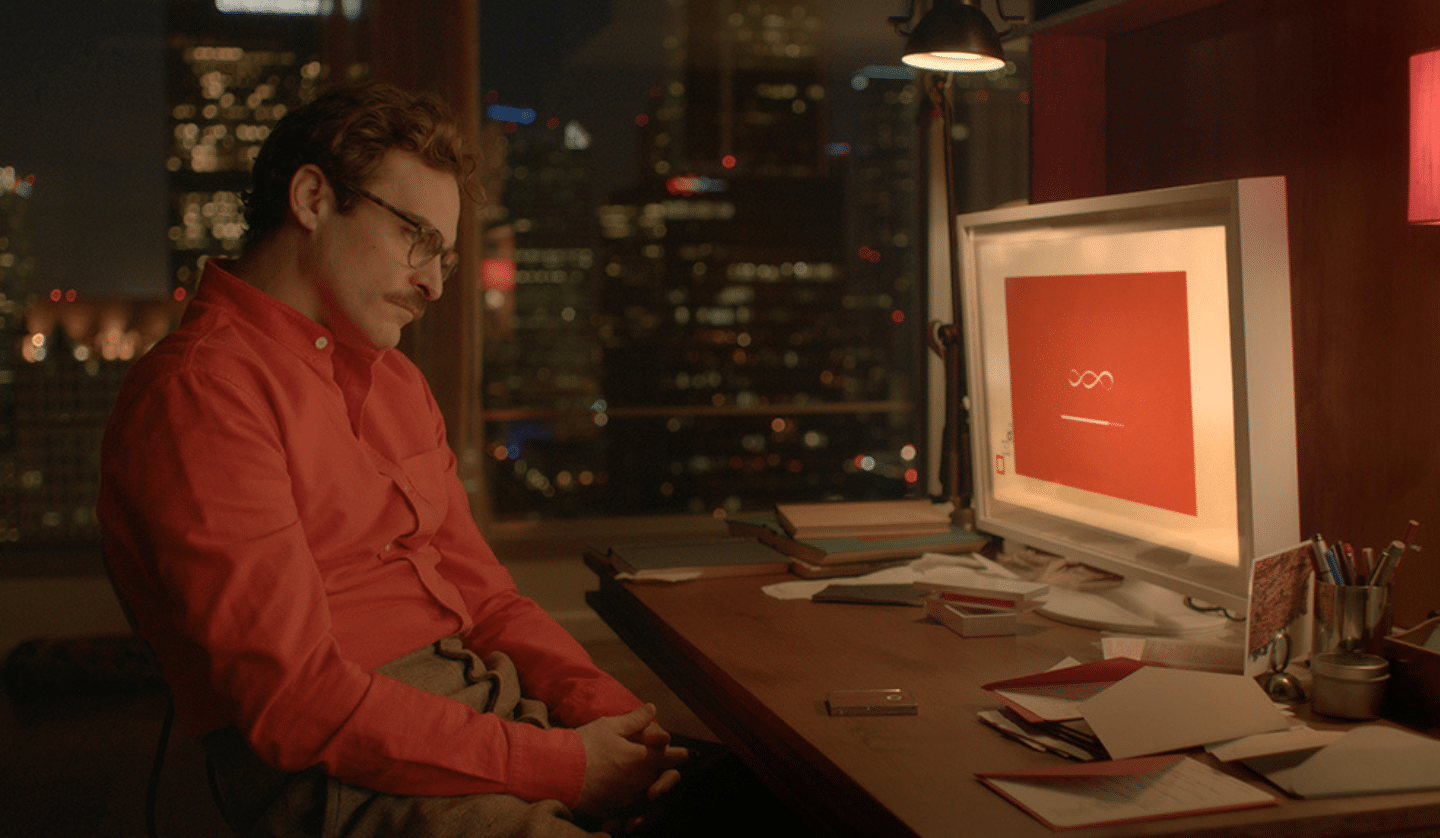
In an age of constant notifications and crowded commutes, loneliness has taken on quieter, more elusive forms. These 10 films, from Tokyo hotel rooms to Bangkok traffic jams, trace the subtle contours of modern solitude. They don’t just show characters who are alone; they reveal what it means to function, perform, and even fall in love while emotionally detached. Each story asks the same aching question: in a world full of people, why is it so hard to be noticed?
Directed by Wong Kar-Wai
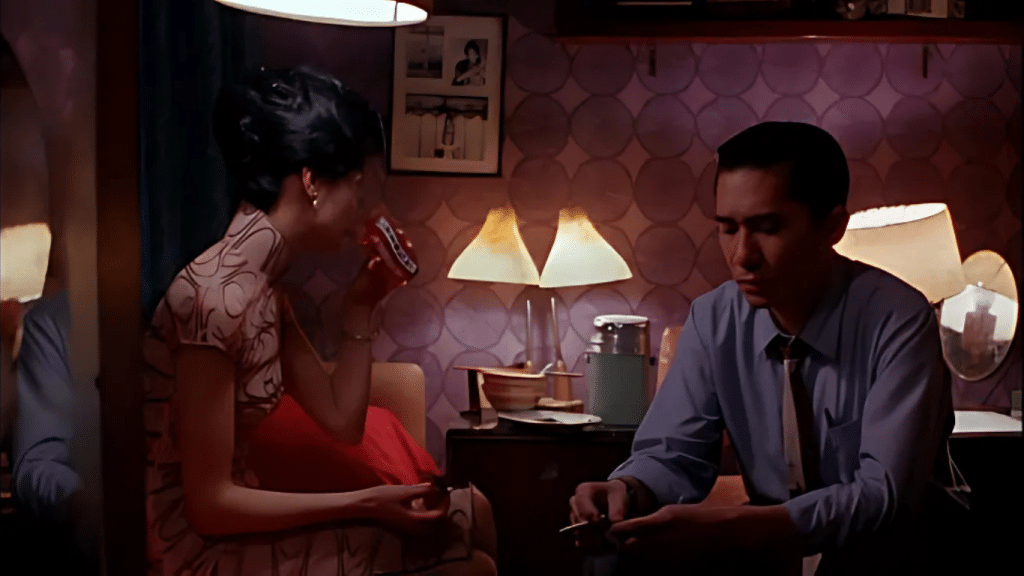
In Wong Kar-Wai’s melancholic masterpiece, Mr. Chow and Mrs. Chan pass each other in tight corridors, exchange nods, and eat at the same noodle stall every night. Both are married, yet both are alone, abandoned emotionally by unfaithful spouses, but unable to express or act on their own yearning. Set against the hazy reds and deep shadows of 1960s Hong Kong, the film turns routine into ritual, with every repeated gesture, a walk, a glance, a shared meal, deepening the sense of isolation. They find solace not in love, but in the mere recognition of their loneliness.
In many ways, their emotional restraint feels familiar in Asian urban societies, where indirectness is a virtue and heartbreak is often carried in silence. Like a lullaby of loneliness, the film speaks to those who have no choice but to carry on with decorum because the world doesn’t stop for broken hearts.
Directed by Hong Sung-eun
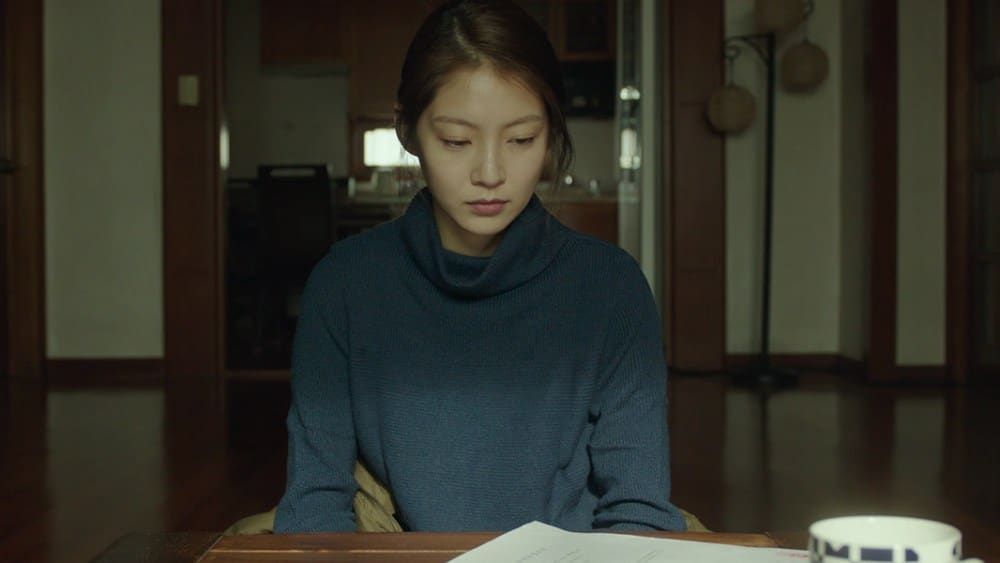
Jina works in a Seoul call centre. Her job is to upsell credit cards to strangers. At home, she watches mukbang videos while eating alone, ignores her father’s calls, and keeps her curtains drawn. Her neighbour dies suddenly, but she barely flinches. Aloners is a modern portrait of emotional automation: the ability to keep functioning while slowly detaching from everything human.
But the film doesn’t present Jina as a victim. It’s more nuanced: she’s competent, independent, and guarded for a reason. When she’s forced to train a new hire and re-engage with the outside world, we glimpse the cost of her isolation. Her coldness is not innate; it’s learned. In Thailand’s rapidly urbanising workforce, this narrative hits close to home. Condo living, Grab meals, and the hustle economy have bred a similar form of solitude where contact is constant, but connection is scarce.
Directed by Sofia Coppola
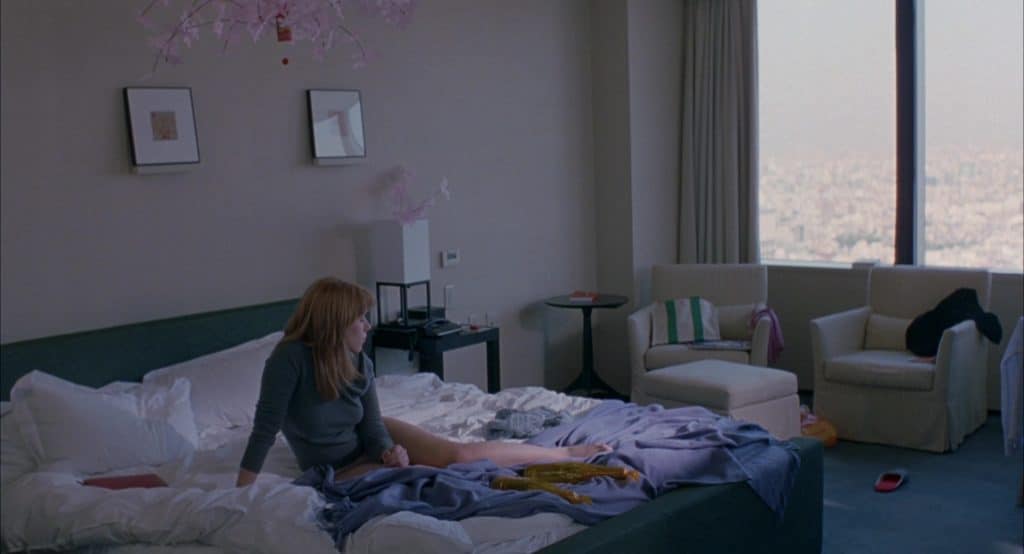
Bob, a washed-up actor, and Charlotte, a young woman questioning her marriage, meet in the liminal hours of Tokyo’s insomnia. Surrounded by neon and noise, they form a quiet bond over shared disconnection. In a city that never stops blinking, they drift, too foreign to belong, too polite to complain. The film captures an in-between emotional state that many urban workers know well: not quite sad, but not content either. There’s no grand romance here, just small, unspoken acknowledgments of mutual detachment.
For anyone who’s ever travelled for work, relocated for a job, or sat wide-eyed in a hotel lobby feeling entirely irrelevant, Lost in Translation is less about Japan and more about that universal blur of loneliness that creeps in when life is paused but still in motion.
Directed by Spike Jonze
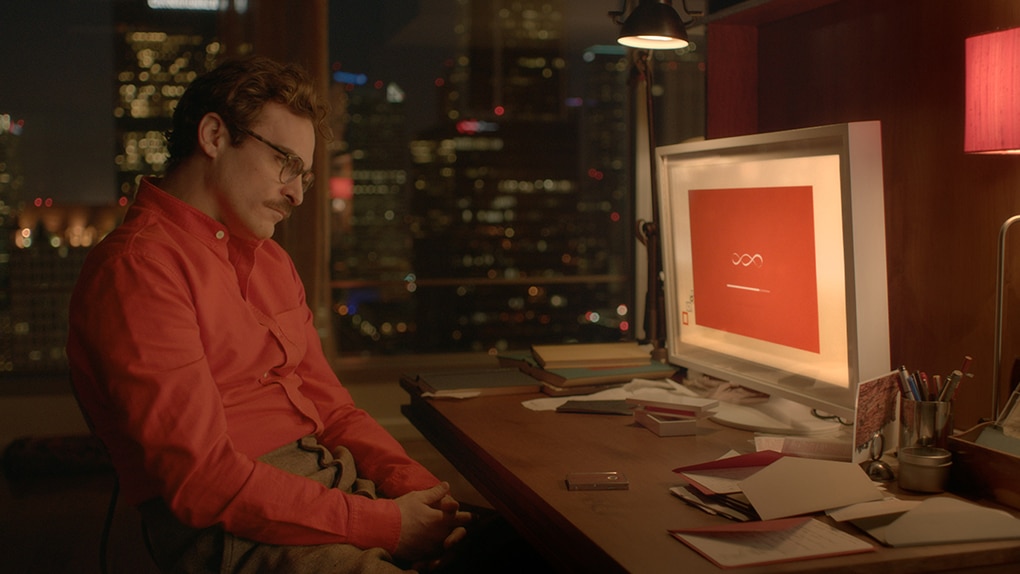
It’s been said that Lost in Translation was Sofia Coppola’s quiet response to her own emotional disappointment in her marriage, and that Her was Spike Jonze’s way of apologising in return. Set in a soft-lit near future, Her follows Theodore Twombly, a professional letter writer for people too emotionally stunted or busy to pen their own feelings. Recently divorced and adrift in his own thoughts, he begins a relationship with Samantha, an artificially intelligent operating system. Their conversations are deep, his feelings real, but Samantha isn’t. What makes Her unsettling is how plausible it feels. Theodore’s world is quiet and sleek, filled with humans so absorbed in technology they forget how to be human. His loneliness is framed not as an anomaly, but as a symptom of a society built on convenience and emotional outsourcing.
In cities like Bangkok, where tech-driven lifestyles and remote work have cancelled out the divisions of solitude and survival, Her feels prophetic. It suggests that even the most connected individuals can be heartbreakingly alone, and that sometimes, we don’t want a partner, we just want someone (or something) to listen (to).
Directed by Adisorn Trisirikasem
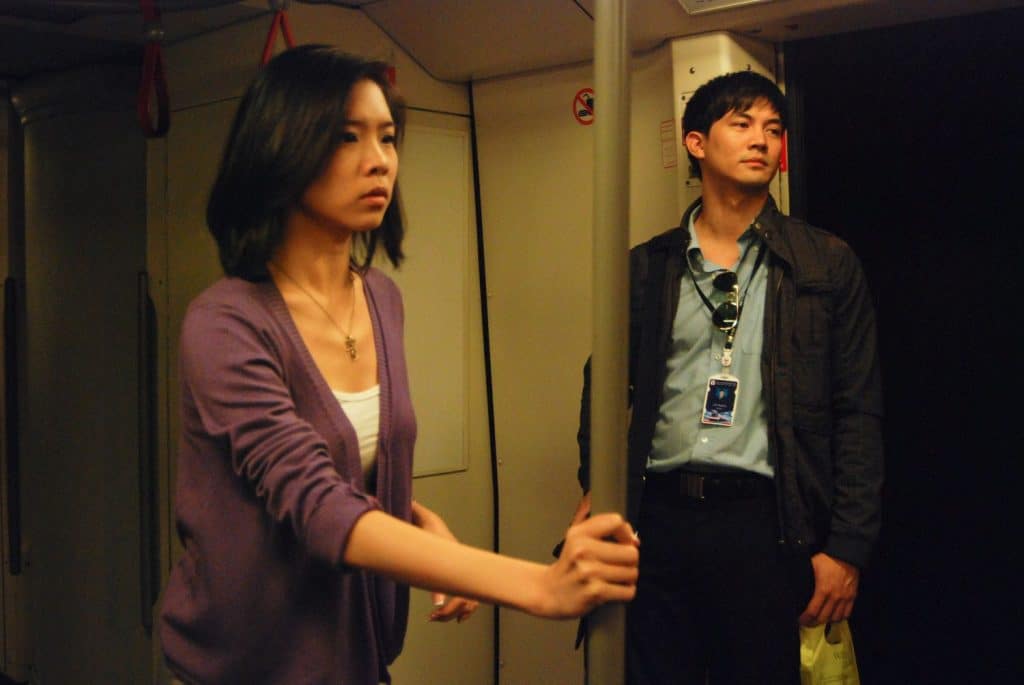
Mei Li is 30, single, and stuck in traffic–literally and figuratively. Surrounded by engaged friends and societal pressure, she meets Loong, an engineer working the night shift for Bangkok’s BTS Skytrain. Their romance unfolds under fluorescent lights, over late-night rides, and within that strange in-between of being awake while the city sleeps. On the surface, this is a rom-com. But behind its slapstick and soft focus is a quieter narrative about a woman trying to stay hopeful in a city that’s always moving, often without her. Her job isn’t glamorous. Her schedule is out of sync. Her solitude is softened by humour, but it’s still there.
In Bangkok’s chaos, where connections are fleeting and time is commodified, Mei Li’s story is painfully relatable. It reminds us that loneliness doesn’t always look tragic–it can wear eyeliner and laugh through dinner with friends who are already married.
Directed by Nawapol Thamrongrattanarit
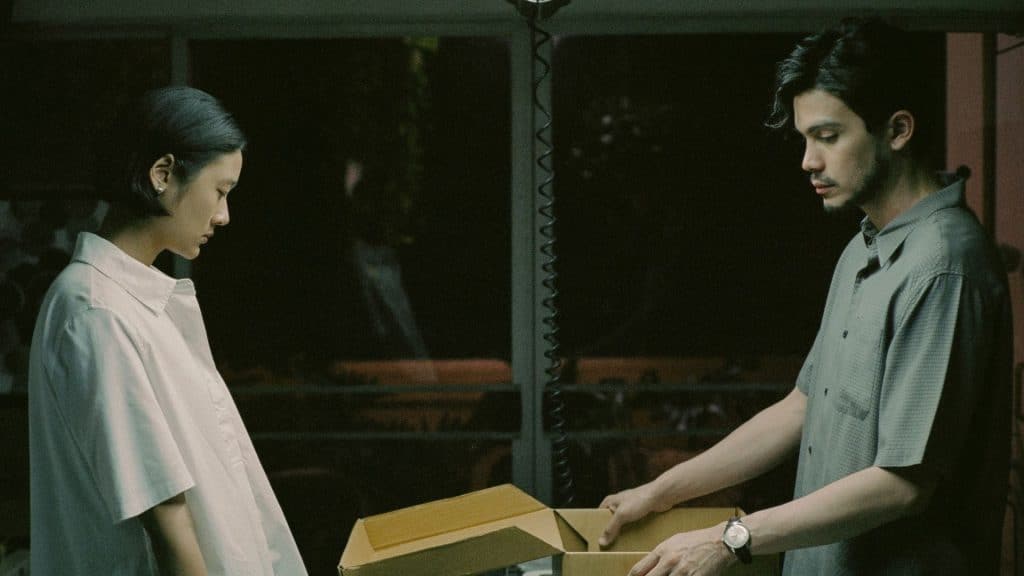
Jean is an ambitious designer returning from abroad to declutter her childhood home. The process, meant to bring clarity, instead stirs up old wounds, especially when she confronts the belongings (and feelings) tied to a former boyfriend. Happy Old Year unfolds through stillness, glances, and the sterile aesthetics of minimalism. But under its clean surfaces is a messy emotional core: the inability to let go, the guilt of moving on, and the isolation that often comes from self-improvement efforts.
Jean’s work, her drive to be efficient and modern, becomes a shield from intimacy. She’s constantly rearranging, and redesigning–but never really connecting. It’s a subtle portrait of how ambition can push people away, and how even in the act of starting over, we can remain painfully alone. Happy Old Year whispers what we often try to ignore: that healing is rarely tidy, and solitude is sometimes the price of growth.
Directed by Ryusuke Hamaguchi
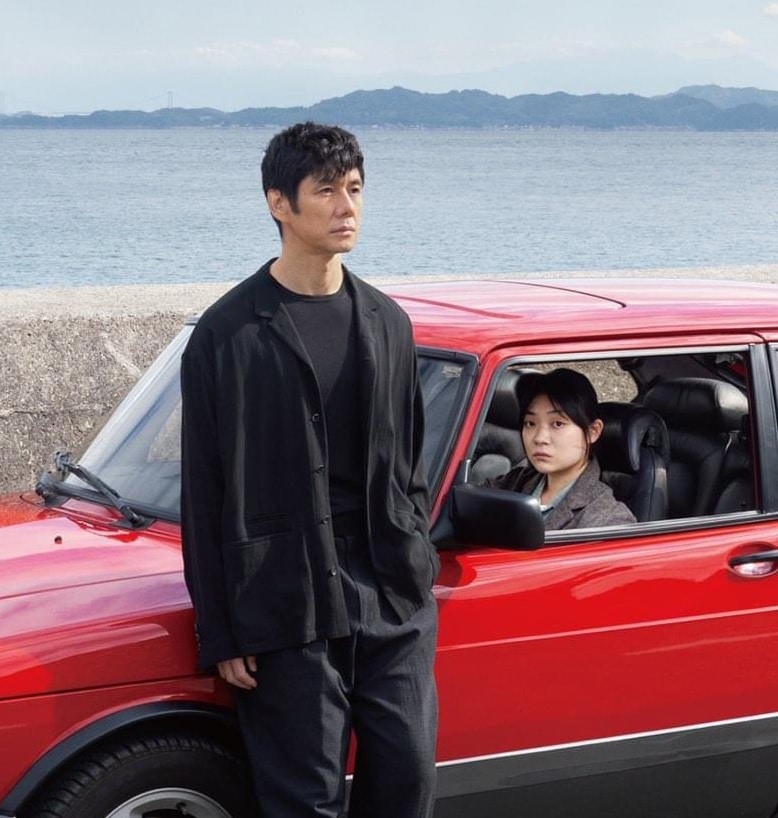
After losing his wife, stage actor and director Yusuke accepts a theatre residency in Hiroshima. He’s assigned a quiet, stoic chauffeur named Misaki. As they traverse highways and rehearse Chekhov’s Uncle Vanya, a shared grief slowly emerges–not through confession, but through silence. Drive My Car is a film of stillness and subtlety. Conversations unfold in cars, across languages, and between long pauses. It shows how the rituals of work–rehearsals, routes, routines–can both mask and mediate pain.
For many, especially in cultures where emotional openness is rare, this form of guarded connection is the only kind that feels safe. The film is a tender study in how work and grief intertwine–and how, in the monotony of daily tasks, people slowly reveal the parts of themselves they keep buried.
Directed by Yorgos Lanthimos
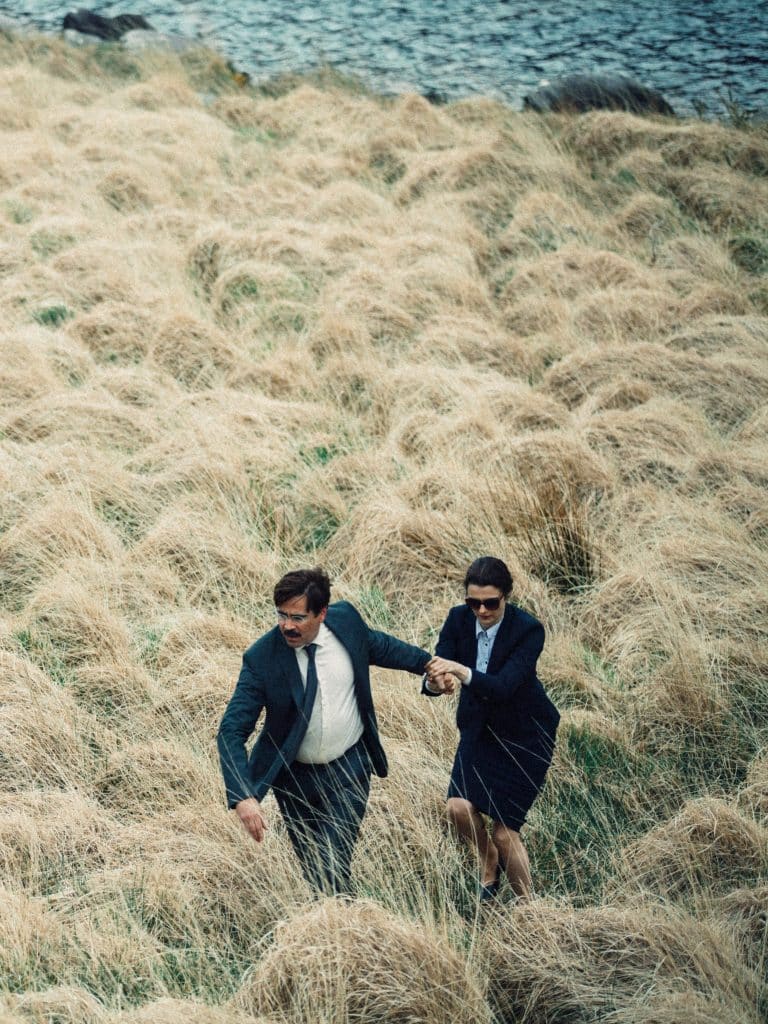
In a dystopian world where single people must find a mate within 45 days or be turned into animals, David checks into a clinical matchmaking hotel. The rules are bizarre, the rituals enforced, and the threat of transformation looms. Behind its absurdist humour, The Lobster is a grim satire on societal pressure to couple up. Love is not natural here, it’s demanded. Those who work within the system do so out of fear, not connection. And when David tries to escape, he finds that even the rebels have their own rigid rules.
The film speaks to anyone who’s ever felt the pressure to be ‘complete’ by a certain age, job title, or relationship status. In workplaces and social circles alike, being single can feel like being defective. The Lobster exaggerates this into dystopia, but the message hits close to home: sometimes, in the quest to belong, we lose ourselves entirely.
Directed by Martin Scorsese
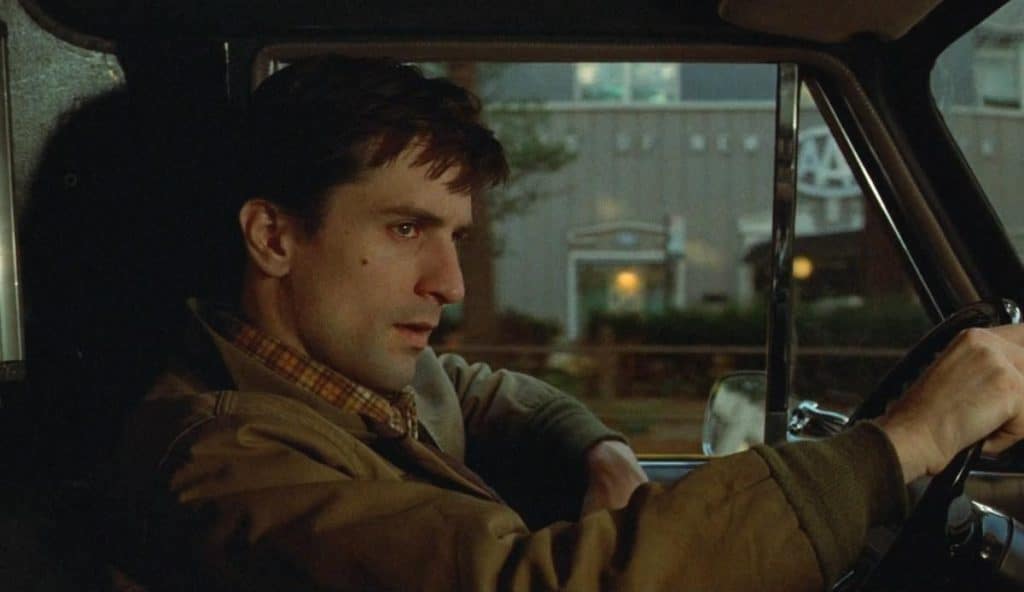
Travis drives through New York’s neon grime, a veteran turned cabbie who works nights because he “can’t sleep anyway”. His days bleed into nights. His isolation festers. His disconnection from the world turns violent. Though made in the ’70s, Taxi Driver remains hauntingly relevant. Travis is the kind of man modern cities are full of: overlooked, under-supported, barely functional. The film captures the descent of a working-class man who’s both hyper-visible and totally unseen. His loneliness isn’t poetic, it’s dangerous. And while we may not all spiral like Travis, his alienation feels familiar in an era where mental health support is still a luxury, not a norm.
Taxi Driver shows us the darker edge of urban solitude–that when systems fail to care for individuals, the cost isn’t just emotional, it’s societal.
Directed by Kongdej Jaturanrasamee
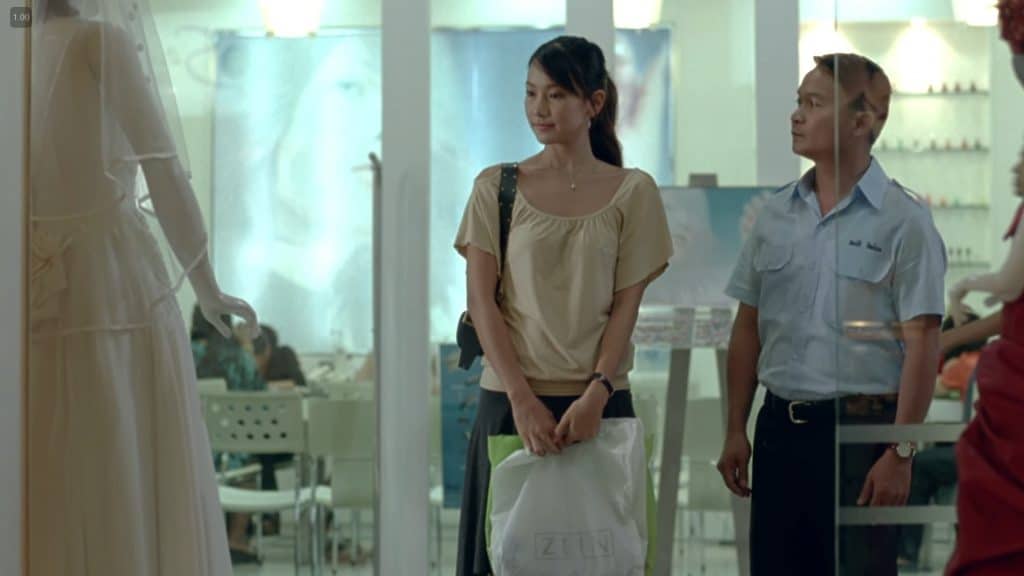
Sombat is a solitary taxi driver in Bangkok who lives by outdated routines and old-school manners. His life is quiet, uneventful, and steeped in nostalgia, until he meets Nual, a massage parlour worker with her own emotional burdens. Their unlikely connection unfolds in hushed conversations and gentle gestures, far from the city’s chaos. Midnight My Love is not a love story in the traditional sense, but a meditation on yearning and human decency. Sombat’s loneliness is not tragic, it’s habitual. His isolation stems from clinging to a past world that no longer exists, while Nual’s stems from navigating a present that doesn’t offer her dignity.
What makes this film stand out is its empathy. It doesn’t romanticise loneliness, but it doesn’t condemn it either. In the late-night stillness of Bangkok’s streets, these two overlooked souls find fleeting warmth in each other’s presence, proof that connection can arrive even in the quietest of lives.
From haunting folklore to modern urban horror, here are 10 Thai horror ...
In Emerald Fennell’s adaptation of Wuthering Heights, colour is not decorative. It ...
Inside River City Bangkok, a thousand worlds emerge through art, antiques, architecture, ...
Discover how Dr Chaweewan Hutacharern leads FEED Thailand in turning forests and ...
Wandering around the globe, try out the signature tastes of cultures across ...
Vive le cinéma! Apichatpong “Joe” Weerasethakul’s upcoming film has been chosen as ...
Wee use cookies to deliver your best experience on our website. By using our website, you consent to our cookies in accordance with our cookies policy and privacy policy